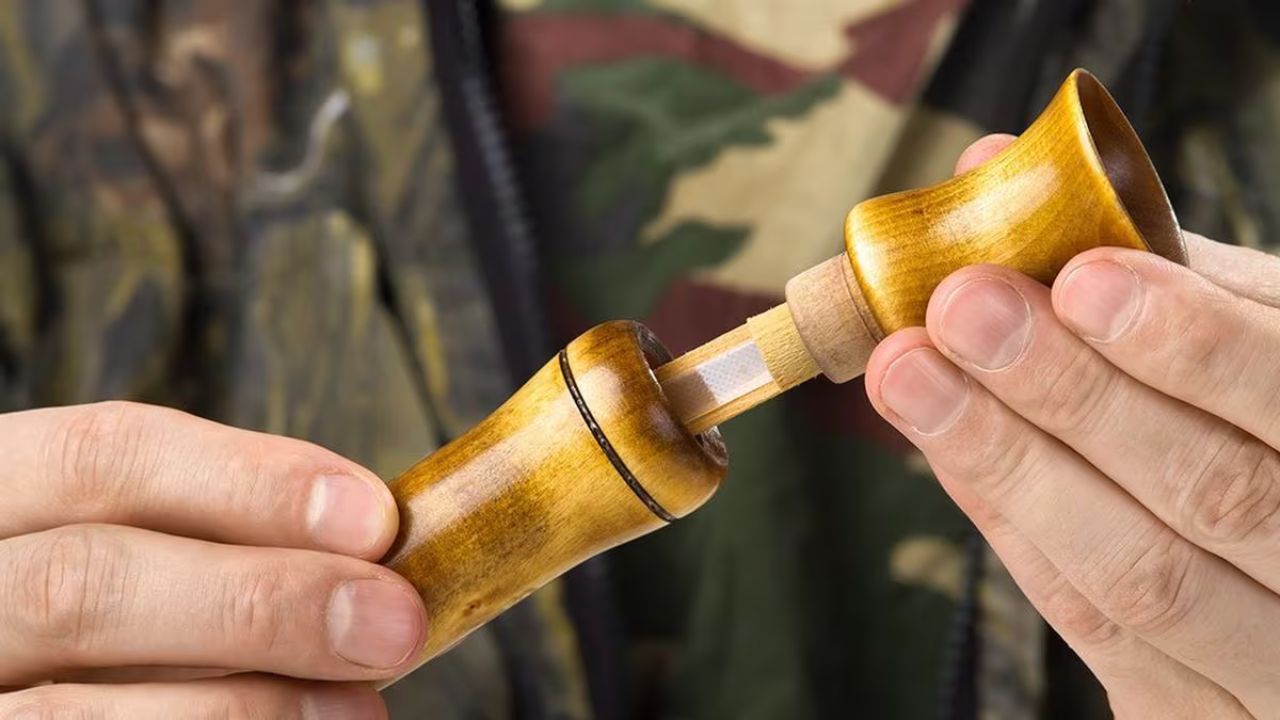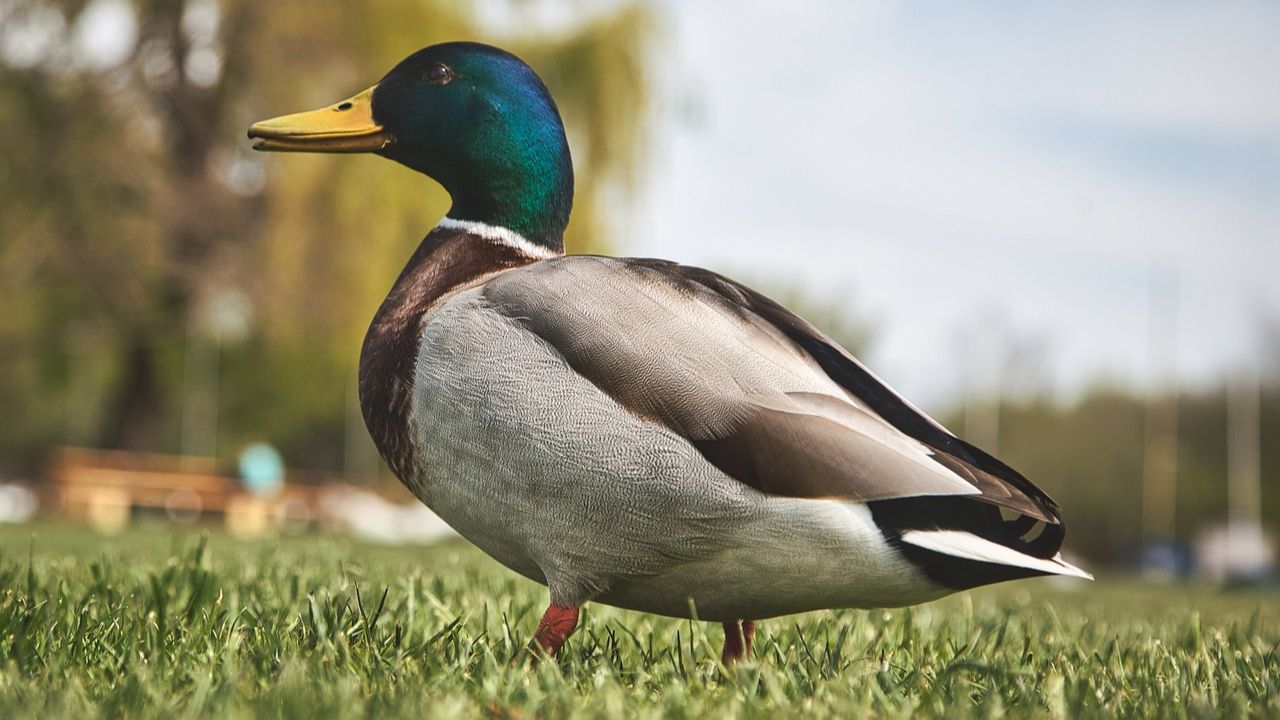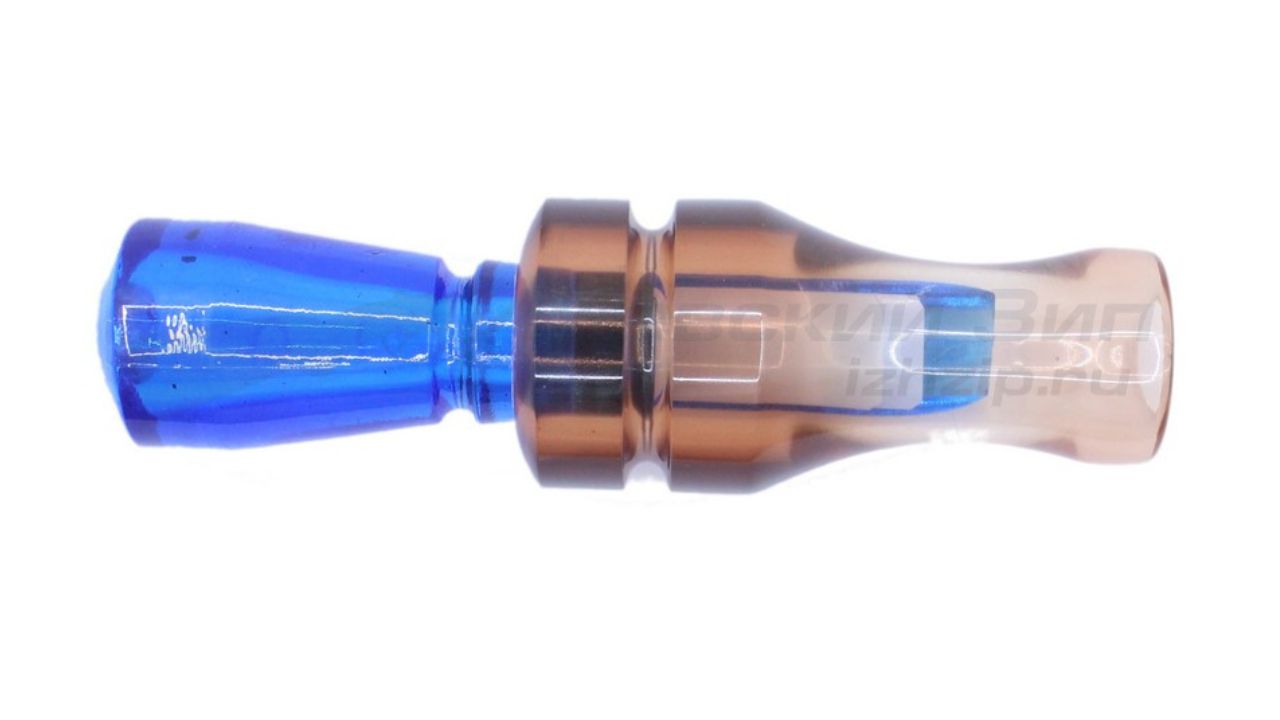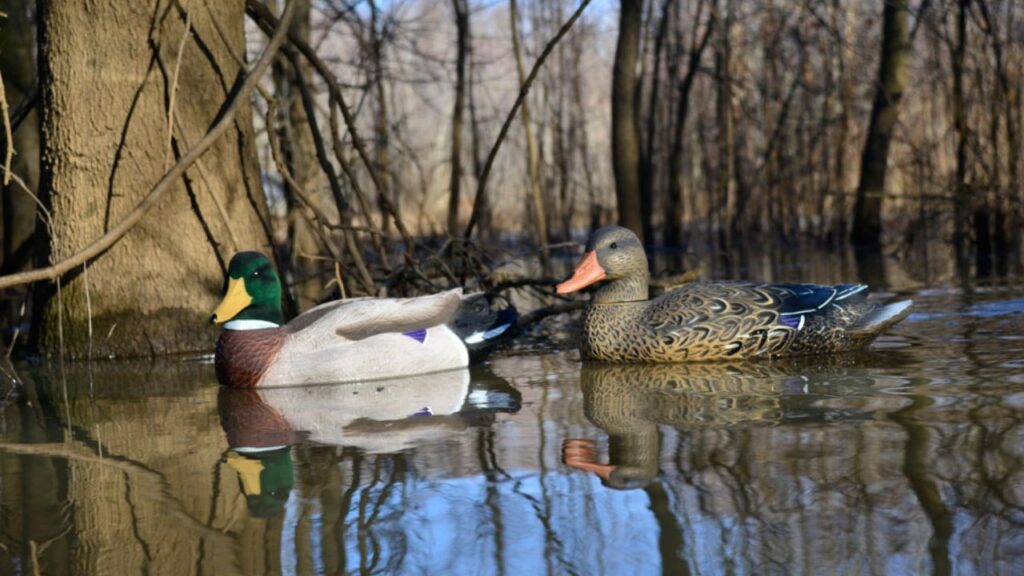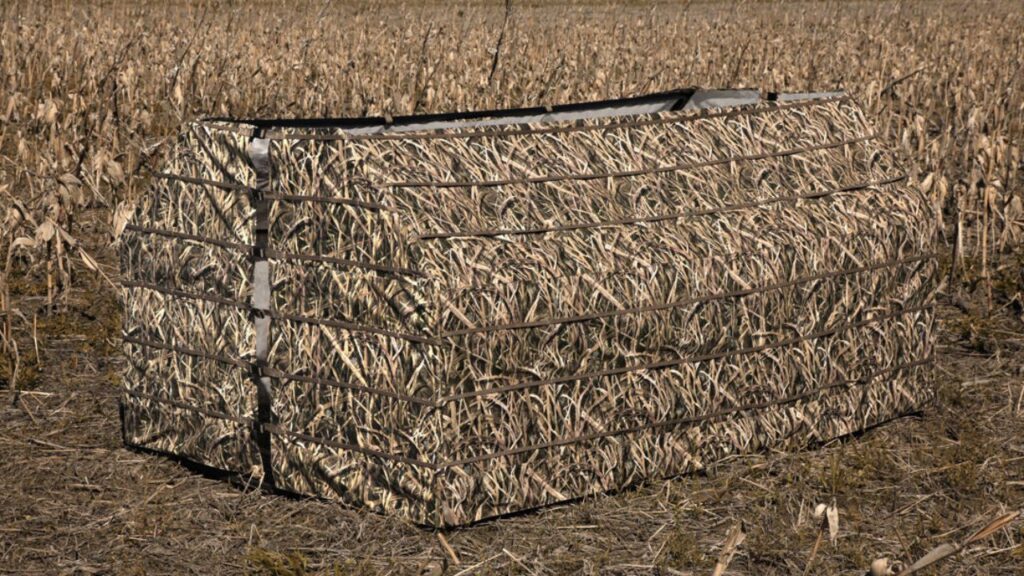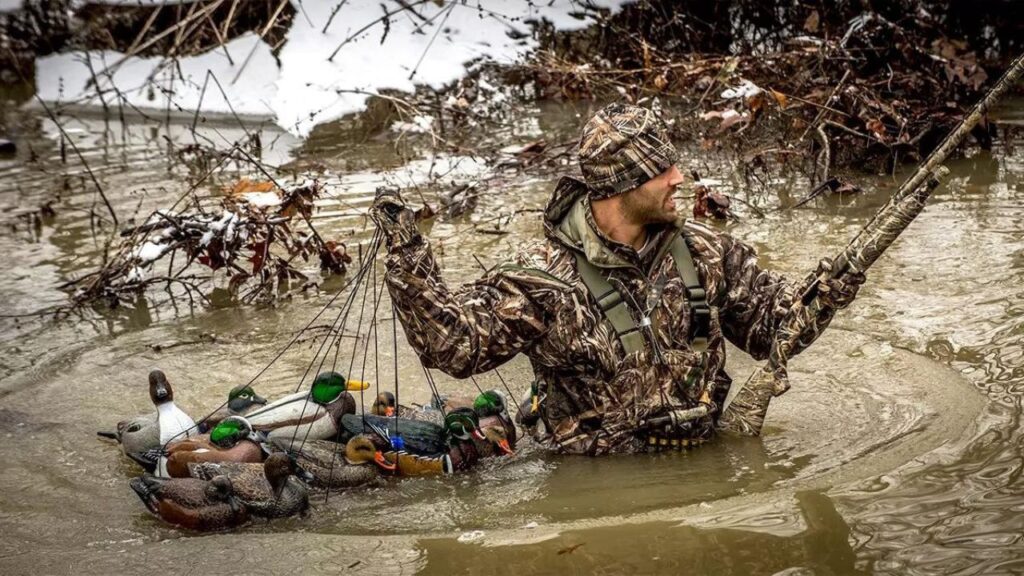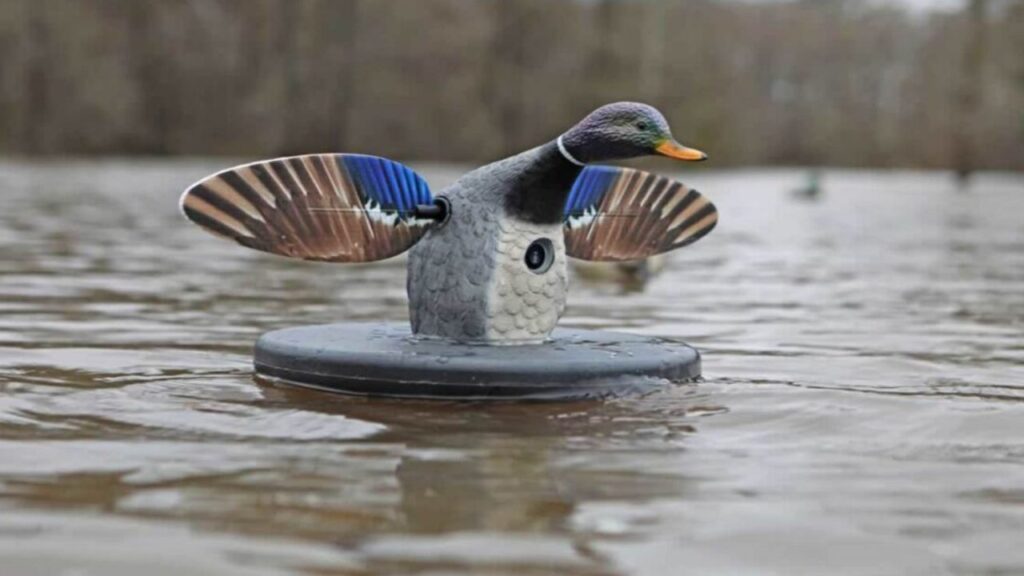Duck hunting is a thrilling adventure, and a crucial aspect of a successful hunt is maintaining your equipment. How to clean a duck? One often overlooked yet vital practice is cleaning your duck call. In this guide, we’ll explore the importance of keeping your duck call in top-notch condition and provide a comprehensive step-by-step cleaning process.
Understanding Duck Calls
How to clean a duck whole? Before delving into cleaning, it’s essential to understand the different types of duck calls and their components. This knowledge forms the foundation for effective maintenance.
Types of Duck Calls: Explore the various duck calls available, from single-reed to double-reed, and understand their applications in different hunting scenarios.
Components of a Duck Call: Dive into the anatomy of a duck call, including the barrel, insert, reeds, and tone board. Knowing these components is crucial for a thorough cleaning.
Why Cleaning is Essential
Cleaning is essential for your duck call’s performance and longevity. A clean ducks call produces a crisp, realistic sound, crucial for hunting success. Regular cleaning prevents issues like sticking reeds and ensures the call’s optimal function. Moreover, it prolongs the lifespan of your equipment, saving you from unexpected malfunctions during crucial moments in the field. Prioritize cleaning to maintain peak performance and maximize the lifespan of your valuable duck call.
Impact on Sound Quality: A clean duck call produces a crisp, realistic sound that can significantly improve your hunting success. We’ll explore how cleanliness influences sound quality.
Prolonging the Lifespan: Regular cleaning ensures that your duck call stays in peak condition, extending its lifespan and saving you from unexpected malfunctions during crucial moments.
Frequency of Cleaning
Establishing a regular cleaning a duck performance is paramount for maintaining your duck call. By adhering to a consistent schedule, you ensure the call’s optimal performance. Factors such as usage commonness and environmental conditions should guide your cleaning frequency. Recognizing signs that demonstrate the need for cleaning, such as diminished sound quality or sticking reeds, is crucial. Regular cleaning not only holds the quality of the call’s tones but also prevents potential malfunctions, contributing to a seamless and successful hunting experience.
Regular Cleaning Routine: Develop a schedule for cleaning your duck call, considering factors like usage frequency and environmental conditions.
Signs that a Duck Call Needs Cleaning: Learn to identify signs such as diminished sound quality or sticking reeds, indicating it’s time for a thorough cleaning.
Materials Needed
Gather essential materials for effective duck call cleaning. You’ll need specific tools and solutions, including brushes tailored to different components, solvents designed for gentle yet thorough cleaning, and lubricants to ensure smooth operation. Having these materials on hand ensures a comprehensive cleaning process, cleaning duck, addressing every part of your duck call. Invest in high-quality cleaning tools and solutions to maintain the longevity and optimal arrangement of your valuable hunting equipment.
Cleaning Tools and Solutions: Explore the specific brushes, solvents, and lubricants required for cleaning different components of your duck call.
Step-by-Step Cleaning Guide
Follow a systematic approach to disassemble, clean, and reassemble your duck call, ensuring each part receives the attention it needs. Best way to clean a duck:
Disassembling the Duck Call: Learn the proper technique for disassembling your duck call without causing damage.
Cleaning Individual Components: Explore detailed cleaning methods for each component, from the barrel to the reeds and tone board.
Reassembling the Duck Call: Follow a step-by-step guide to confidently put your duck call back together after a thorough cleaning.
Common Mistakes to Avoid
Be aware of common hitches that can compromise the effectiveness and lifespan of your duck call.
Overlooking Certain Parts: Pay attention to specific components during the cleaning process.
Using Harsh Cleaning Agents: Understand the potential damage caused by harsh cleaning agents and opt for solutions that ensure longevity.
Tips for Maintenance
Beyond cleaning, implement proactive measures to keep your duck call in optimal condition between hunting expeditions.
Storage Recommendations: Discover the best practices for storing your duck call to prevent dust accumulation and potential damage.
Preventive Measures: Learn additional measures to safeguard your duck call and minimize the need for frequent intensive cleaning.
Testing the Cleaned Duck Call
After the cleaning process, conduct tests to ensure your duck call performs optimally in the field.
Ensuring Optimal Performance: Confirm that your cleaned duck call produces the desired sounds and tones for effective hunting.
Troubleshooting If Issues Persist: Address common issues that may persist even after cleaning and explore troubleshooting techniques.
Importance of Regular Maintenance
Highlight the long-term benefits of consistently cleaning and maintaining your duck call.
Long-Term Benefits: Emphasize how regular maintenance contributes to the durability and reliable performance of your duck call over time.
Personal Experiences
Reflecting on personal experiences, maintaining my duck calls has been a rewarding ritual. The connection between a clean call and a successful hunt is undeniable. I recall instances where meticulous cleaning resulted in crisp, authentic sounds that lured in ducks with unmatched precision. On the flip side, neglecting this maintenance led to frustrating moments in the field. These personal anecdotes underscore the profound impact that regular cleaning has on the reliability and effectiveness of a duck call. It’s not just a task; it’s a testament to the bond between a hunter and their equipment, shaping unforgettable moments in the great outdoors.
Conclusion
In conclusion, the meticulous cleaning of your duck call is a small investment with significant returns in the field. By understanding the nuances of your equipment, adhering to a regular cleaning routine, and implementing preventive measures, you ensure that your duck call performs flawlessly during those crucial hunting moments.
FAQ
How Long Can You Leave a Duck Before Cleaning It?
Usually, I let the birds rest for a day or two in a cold place—often in the refrigerator—before I skin or pluck them. However, ducks can be stored in the refrigerator for up to a week.
What To Do After You Shoot a Duck?
Ducks are typically cleaned using one of two techniques. The first is to take the duck’s two breast halves out, or “breast them out.” This makes up the majority of the meat on birds. In order to roast the bird whole, the alternative procedure calls for plucking all of the feathers and removing the entrails.
How Do You Clean a Whole Frozen Duck?
 Remove the intestines and dispose of any leftover pieces. If wanted, keep the gizzard and heart—they’re really tasty. Just be sure to do so. Rinse the duck well with cool, clean water inside and out.
Should You Wash Whole Duck?
Washing duck before cooking is usually advised to get rid of any possible dirt or debris. To prevent cross-contamination, it’s crucial to handle raw duck with caution. Once the duck has been cleaned, blot it dry with paper towels and start cooking according to your recipe.

